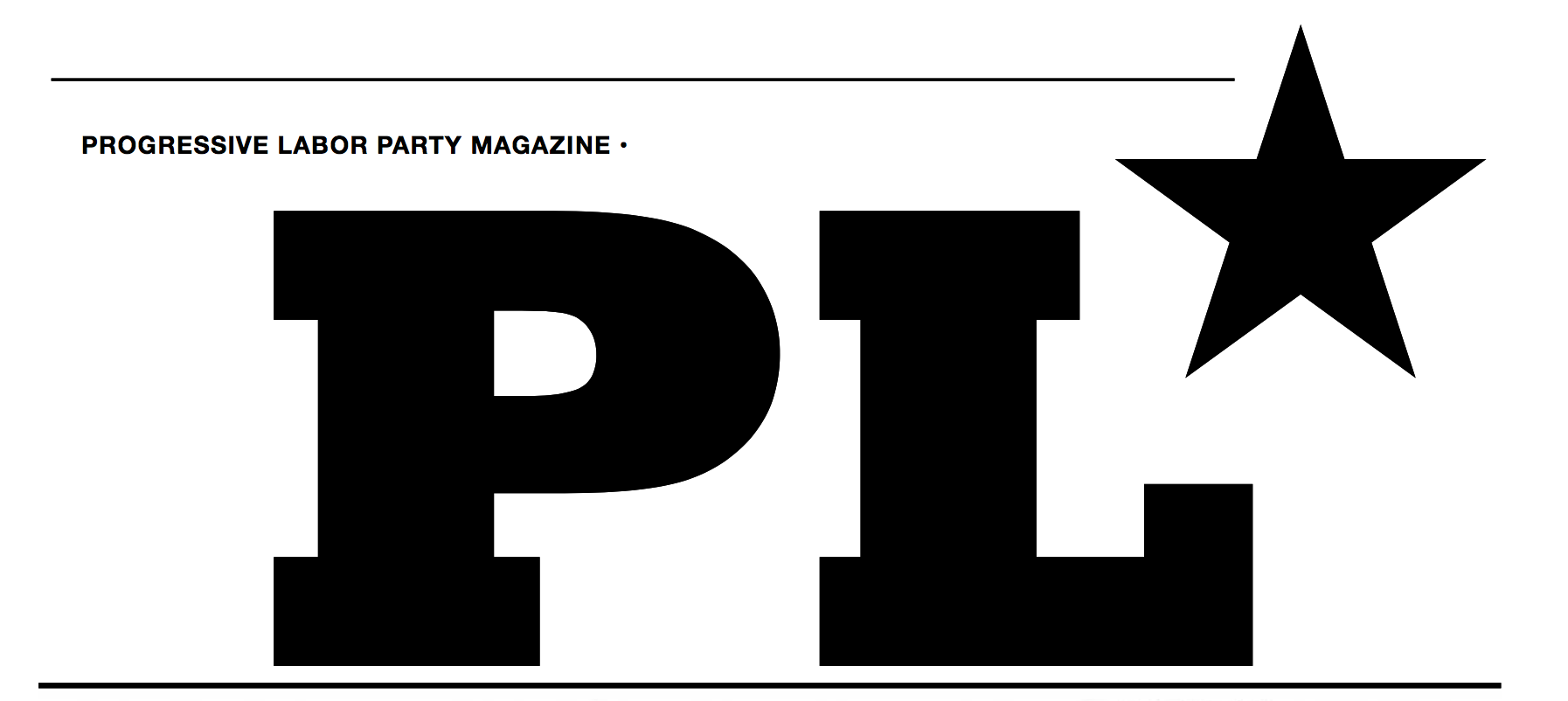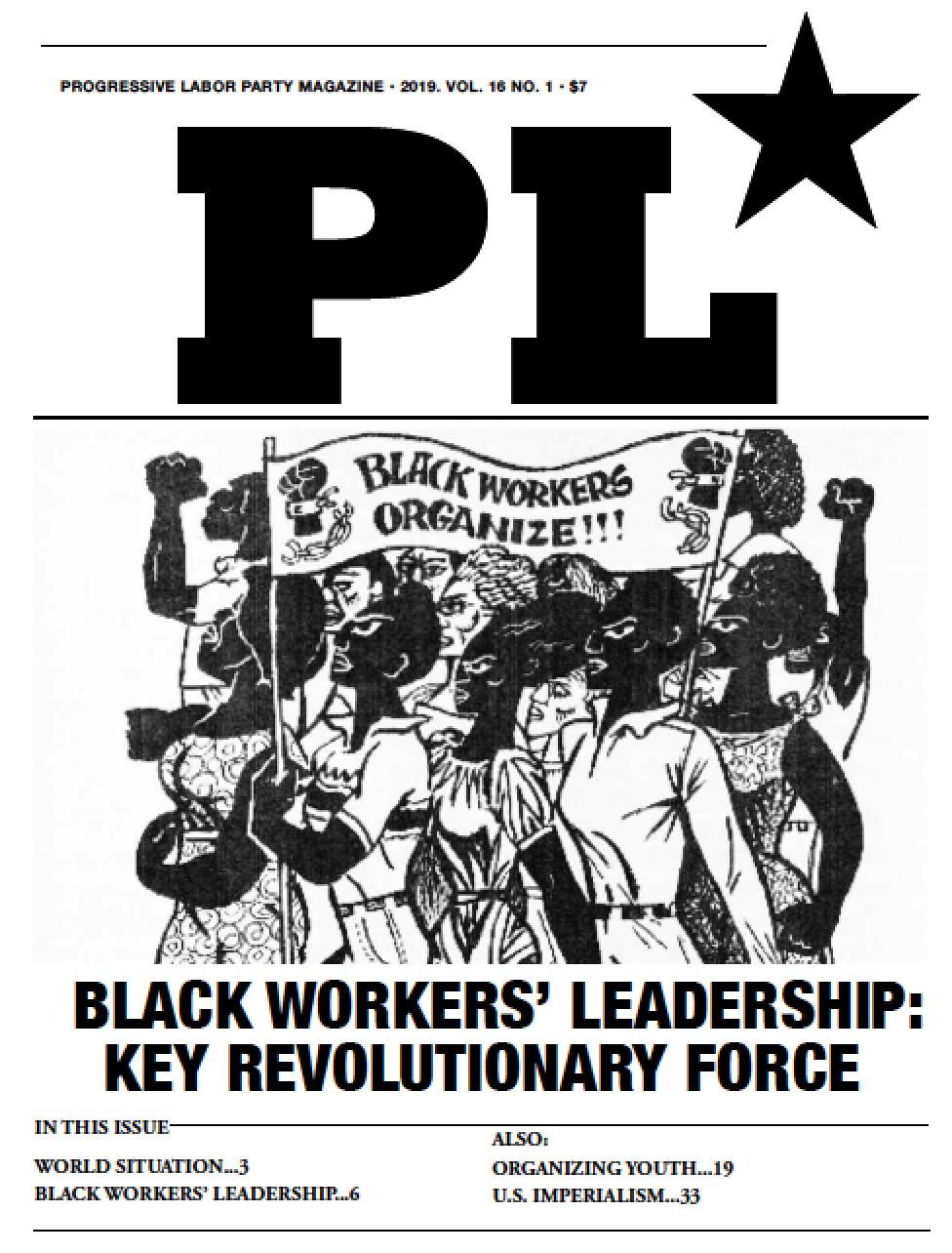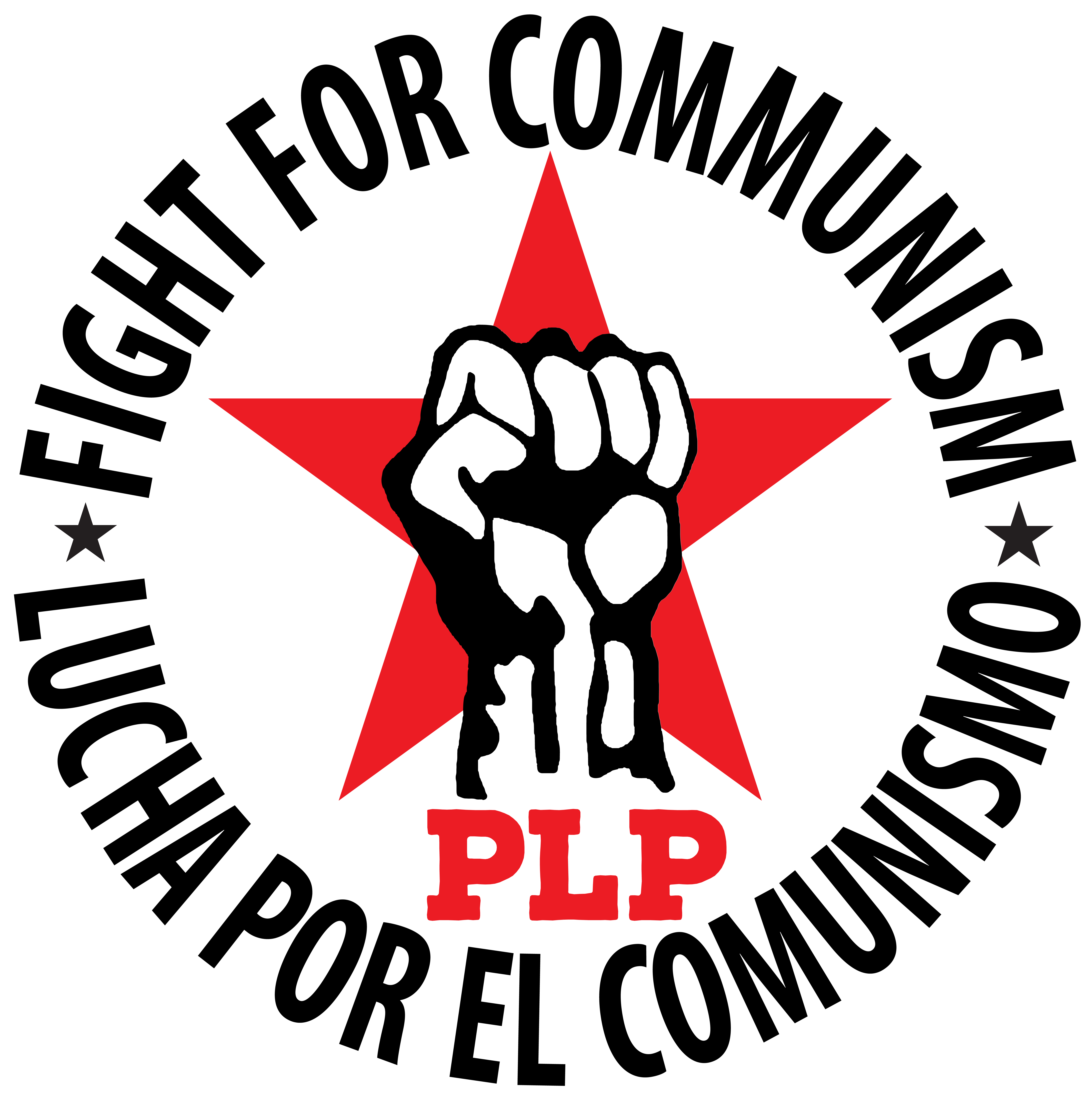Lessons from the Cultural Revolution
 Saturday, January 12, 2019 at 11:10AM
Saturday, January 12, 2019 at 11:10AM Meeting a real communist from China has given me a chance to deepen my understanding of revolution and counter-revolution. My friend was a factory worker in China during the Cultural Revolution (1966-76) and, besides his lived experience, he has studied the events in his country that led up to the Cultural Revolution (CR) as well as the restoration of capitalism that happened after the CR ended.
A group of comrades in the U.S. has begun studying Chinese history in the period before the capitalist restoration using some of the insights from our new Chinese friend as well as analyses written by Progressive Labor Party at the time.
Corruption in the CCP
Our friend points out two pivotal developments in China in the mid-1950s, a decade before the Cultural Revolution. The first was the institution of the multi-level pay and perk scale for cadre. Cadre were people responsible for leading the day to day tasks of building the country, such as organizing factory or farming work. Not all cadre were members of the Chinese Communist Party (CCP) when the party took power in 1949. Many were carried over from the bureaucracy of the old regime. Those cadre who were members of the CCP had lived for years on a supply system that provided very similar levels of essentials (food, clothing, lodging, etc.) to all cadre, regardless of their level of leadership. The old bureaucracy had a graduated wage scale with more responsible individuals paid more.
In 1955 the CCP reorganized the compensation system so that all cadre, party members and others, were placed into some level of the same 30-tier pay scale, according to their level of responsibility. This arrangement provided the material basis for cadre focusing on getting ahead by promotion rather than working collectively to build a revolutionary society. Our friend uses the term “bureaucratic privilege” to describe the system in which cadre’s income and access to better housing, schools, etc. was determined by their rank. Articles in PL Magazine in the 1970s criticized this hierarchical system as part of the trend toward capitalist restoration (“revisionism”).
End of rectification
A second development took place in May of 1957, described as a “flip” from the Rectification Campaign to the Anti-Rightist Campaign. (The Rectification Campaign that began in 1956 is known for its slogan “Let a Hundred Flowers Bloom, Let a Hundred Schools of Thought Contend”). Mao stated as late as May 14, 1957, that “Our Party will be destroyed without Rectification.”
But the free criticism by Chinese intellectuals and others of features of life in China, including the leadership of the CCP, reached a high enough level of intensity by that time that the majority of the Politburo decided to change course abruptly. At Politburo meetings on May 14 and 16, the decision was made to stop the Rectification Campaign and launch the Anti-Rightist Campaign. Outspoken critics of the CCP were attacked, at times being removed from their posts and publicly denounced. Thus, people who criticized the CCP’s policies were no longer considered part of “the people” but could be branded “enemies of the people” by the CCP leaders. This was, our friend points out, a serious mistake, confusing criticism of bureaucratic and managerial clumsiness with counter-revolutionary activity.
Individualist ideas overpowered pro-communist ideas
These two policy decisions of the 1950s created an environment in which constructive criticism of people’s incorrect ideas to further the development of socialist society (“attack the disease to save the patient”) was replaced by personal attacks and striving for personal power and influence. Combined with bureaucratic privilege, this further widened the growing chasm between the working class and the CCP leaders. Eventually, this led to an interest group of powerful managers who essentially became a new capitalist class inside the Party.
Our friend said life for workers during the Cultural Revolution was a temporary reversal of this trend. Factory workers or cadre of different levels did not risk their livelihood if they raised criticisms of those above them in management or in Party leadership. Maybe the reason that capitalists hate the Cultural Revolution so much is that they fear the very idea of workers being free to criticize them without being fired.
We feel that we have a lot to learn about this very complicated historical period, but having a friend with the personal experience of being a factory worker during the Cultural Revolution can make this study group richly rewarding.





 Progressive Labor Party (PLP) fights to destroy capitalism and the dictatorship of the capitalist class. We organize workers, soldiers and youth into a revolutionary movement for communism.
Progressive Labor Party (PLP) fights to destroy capitalism and the dictatorship of the capitalist class. We organize workers, soldiers and youth into a revolutionary movement for communism.




Reader Comments